Recently, I finished a six-week Mindfulness Course. I
I was referred to the course by a healthcare professional to help with the anxiety that I have lived with for many years and is a consequence of living with a long-term neurological condition.
Everyday Mindfulness, describes it as:
Mindfulness helps to change the way you think and feel about your experiences, especially stressful situations. It involves paying attention to your thoughts and feelings in order to become more aware of them, less enmeshed in them, and better able to manage them.
Throughout the course, we learnt about the principles of mindfulness; specifically the triad of awareness, acceptance and non-judgement that the technique is based upon. Mindfulness teaches us to be focused and aware of the present moment, to acknowledge and accept our feelings without judgement or battling against them, to be better able to embrace them and ultimately let them go.
As the course was facilitated by Mental Health Services, the sessions were focused on the technique being used for anxiety and depression; our negative thoughts were described as being like trains, and when suffering from anxiety we enter the train letting those negative thoughts circumvent our brain. Mindfulness, however, teaches us to stay on the platform, but allow the trains to pass without getting on. Such a brilliant and simple metaphor to explain what mindfulness is and its function.

Mindfulness teaches us to let our thoughts pass instead of becoming entangled in them
As the course progressed, I began to realise that the technique could not only be used for anxiety management but also help with the stress that living with a long-term health condition can have, and as I read further to even help manage chronic pain, which something I have been struggling with for some time now. This is supported by much research which has shown that patients with chronic conditions reported feeling calmer, better equipped to deal with illness during times of stress and reported higher levels of well-being after incorporating mindfulness into their daily routine.
[Tweet “Acceptance, in essence, means acknowledging that of what we have no control of”]
After starting the mindfulness and relating it to my life with a neurological condition, I came to realise how little I have actually accepted my illness. When we are mindful, we give our full attention to whatever is happening in the present, and without changing the narrative and judgement of our thoughts and feelings. Acceptance, in essence, means acknowledging that of what we have no control of; accepting life as it is at this exact moment.
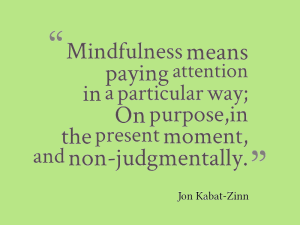
While in the midst of excruciating and debilitating symptoms, however, it is difficult not to judge – ourselves, for our perceived weakness or our failing bodies which cause these symptoms, to begin with. Nor do we as patients sit there without attempting to change our current experience – we try medications, heat/ice packs, warm baths, anything to try and ease the symptoms that are consistently bothering us.
Often I feel at war with my body when my symptoms are severe; I curse, hating my weak legs and the other symptoms giving me grief, wishing that at that time I was someone else, had someone else’s body. I worry about the implications of living with a long-term health condition, such as worrying about the future and as a result, my head becomes permeated with worst case scenarios. So perhaps I hadn’t reached acceptance as I thought.
Mindfulness in many ways somewhat resembles autumn (or fall). It is said that autumn is a beautiful reminder what a relief it is to let things go that we no longer need, or does not serve us any purpose. As trees shed their dead leaves during the season; mindfulness allows us to let go of any negative thoughts which don’t help us and only allows us to get stuck in the depths of despair and hopelessness.
[Tweet “Mindfulness allows us to let go of any negative thoughts which don’t help us… “]
Mindfulness instead teaches us to focus on the present; accept our illness and the way its symptoms make us feel allowing these thoughts and feelings to fall into the background enabling us to focus on the positives. For example, instead of focusing on the pain in my legs, I allow myself to enjoy the feel of the sun on my face or savour the taste of hot chocolate (my favourite Autumn/Winter indulgence!).

Mindfulness is much like autumn reminding us of the benefits of letting go
I am beginning to incorporate mindfulness during my daily routine, alongside the usual practices such as taking medications and journaling. It is not, unfortunately, a cure for the symptoms associated with my neurological condition, they still exist, but it is a coping strategy for times when everything feels out of my control (which is a lot!). There are days when I find it difficult, but like anything, it can take practice to perfect the technique.
[Tweet “Mindfulness is a useful coping strategy for times when everything feels out of my control.”]
Mindfulness I have realised can be a mechanism to help find the light, during the darkest of days.
Useful Reading about Mindfulness and specifically its use to help chronic pain and chronic illness:
- Living Well With Pain and Illness: Using mindfulness to free yourself from suffering by Vidyamala Burch
- How to Live Well with Chronic Pain and Illness: A Mindful Guide by Toni Bernhard
- Mindfulness for Health: A practical guide to relieving pain, reducing stress and restoring wellbeing by Vidyamala Burch
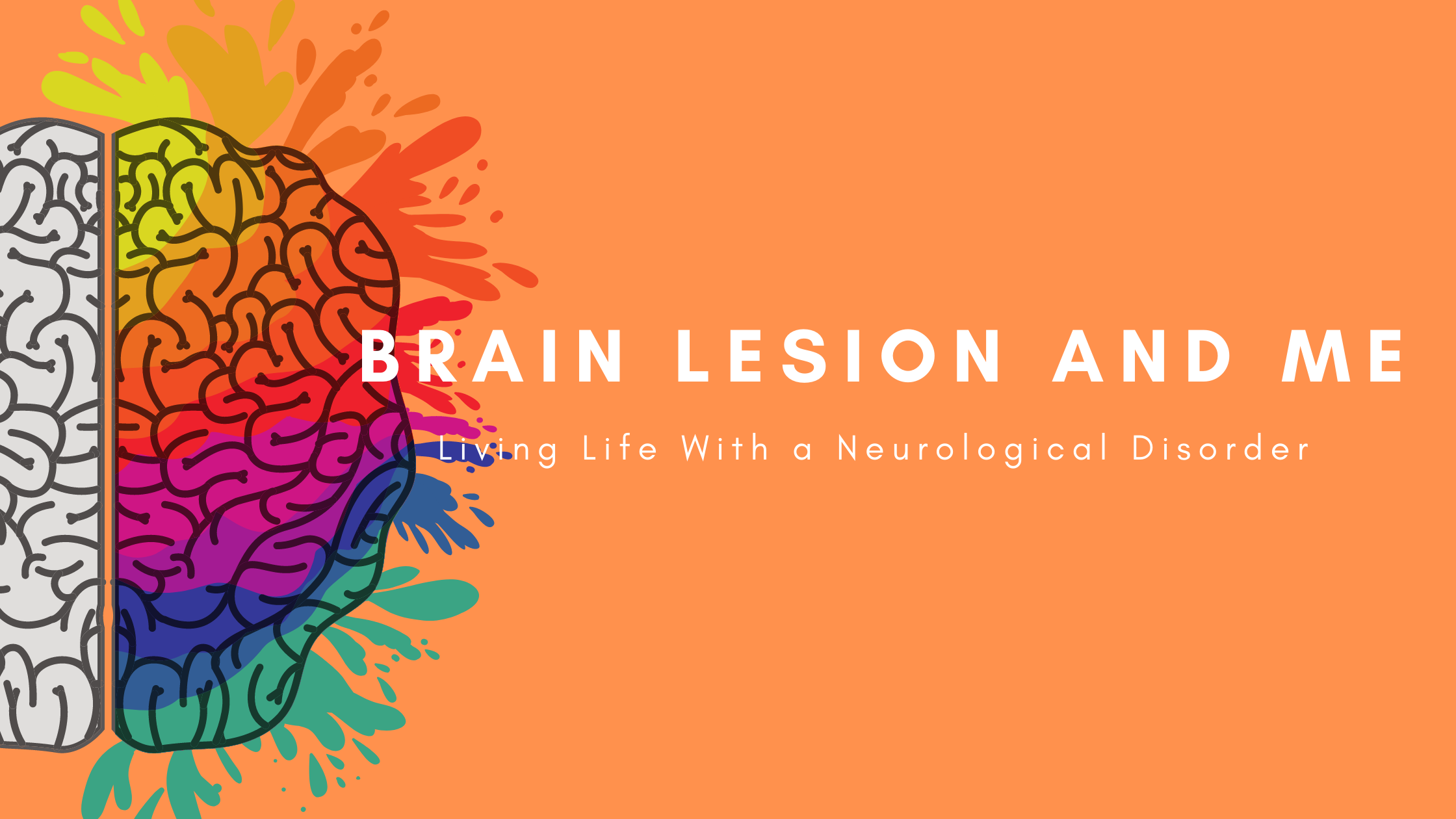
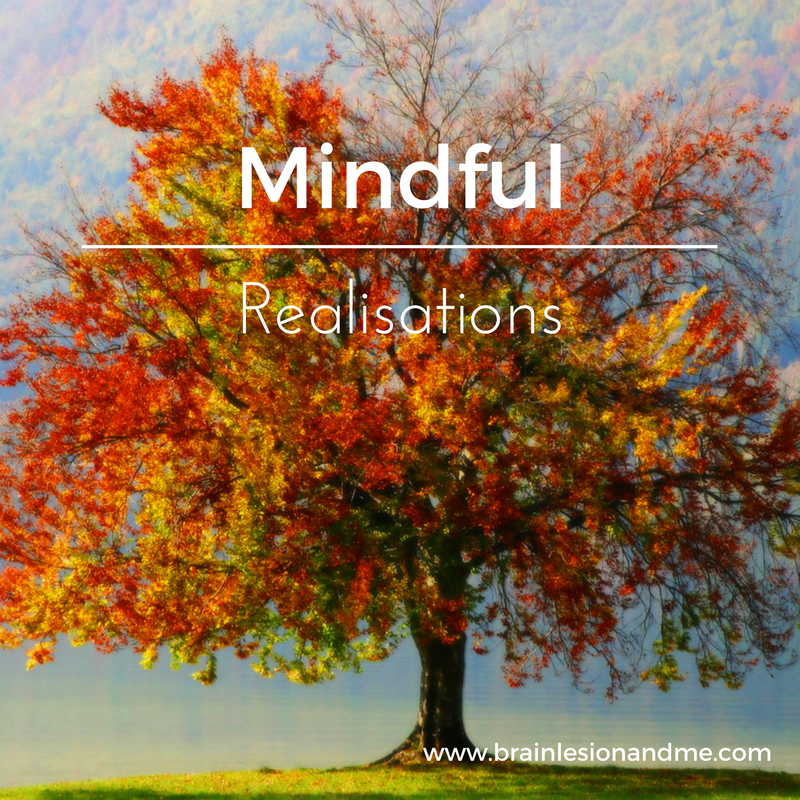
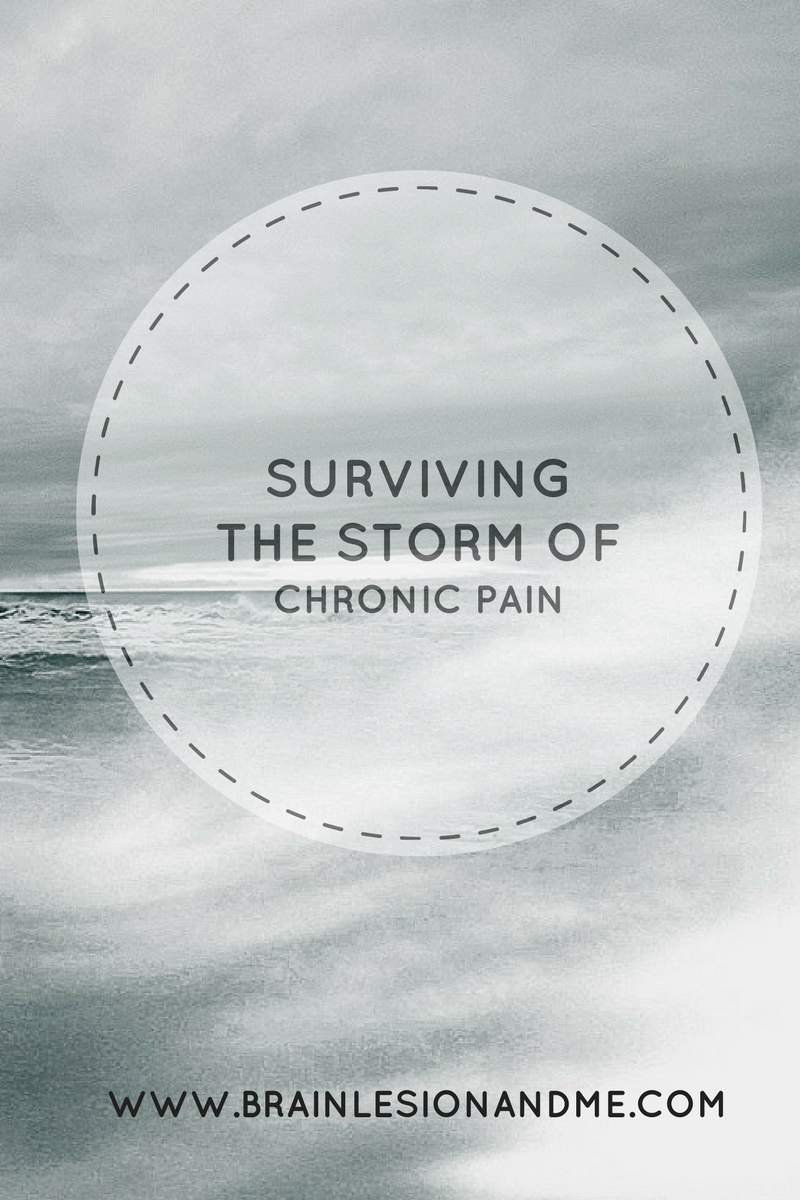
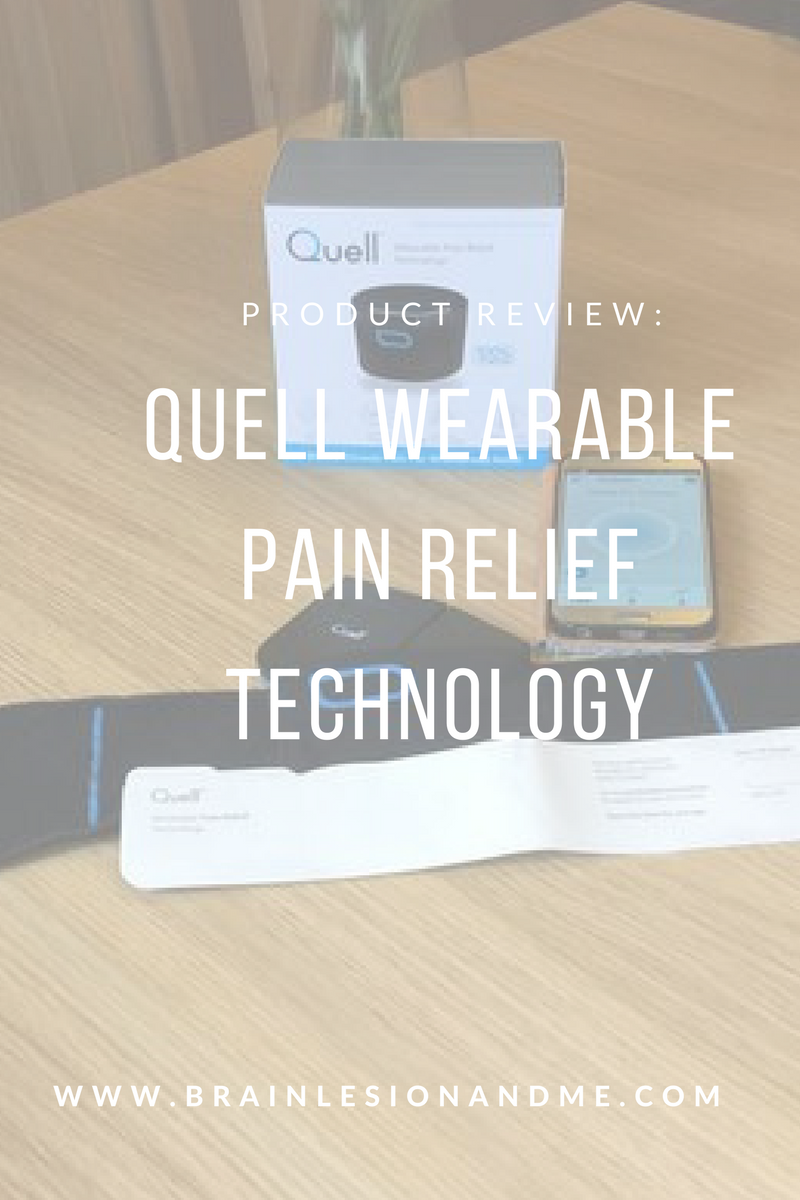
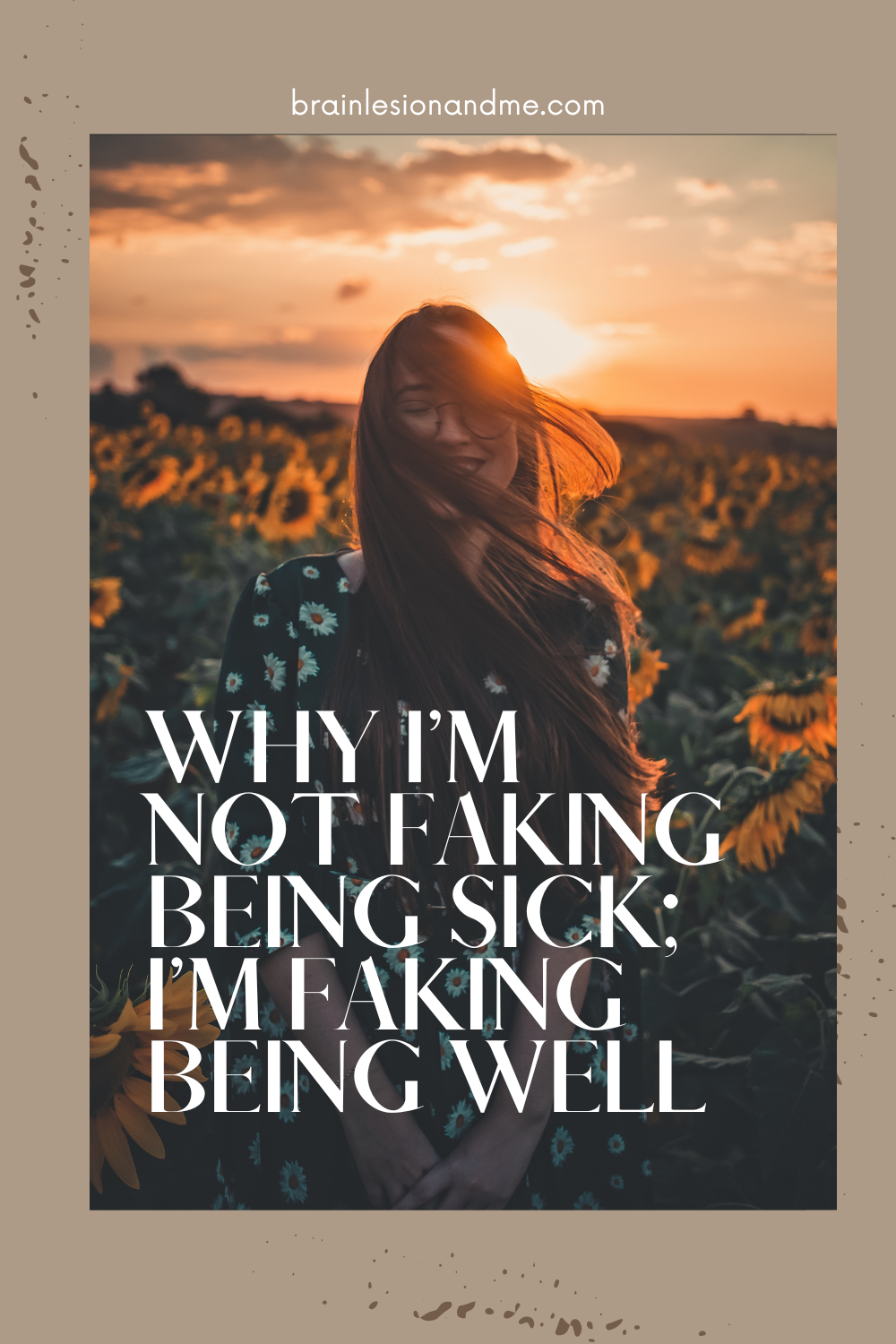

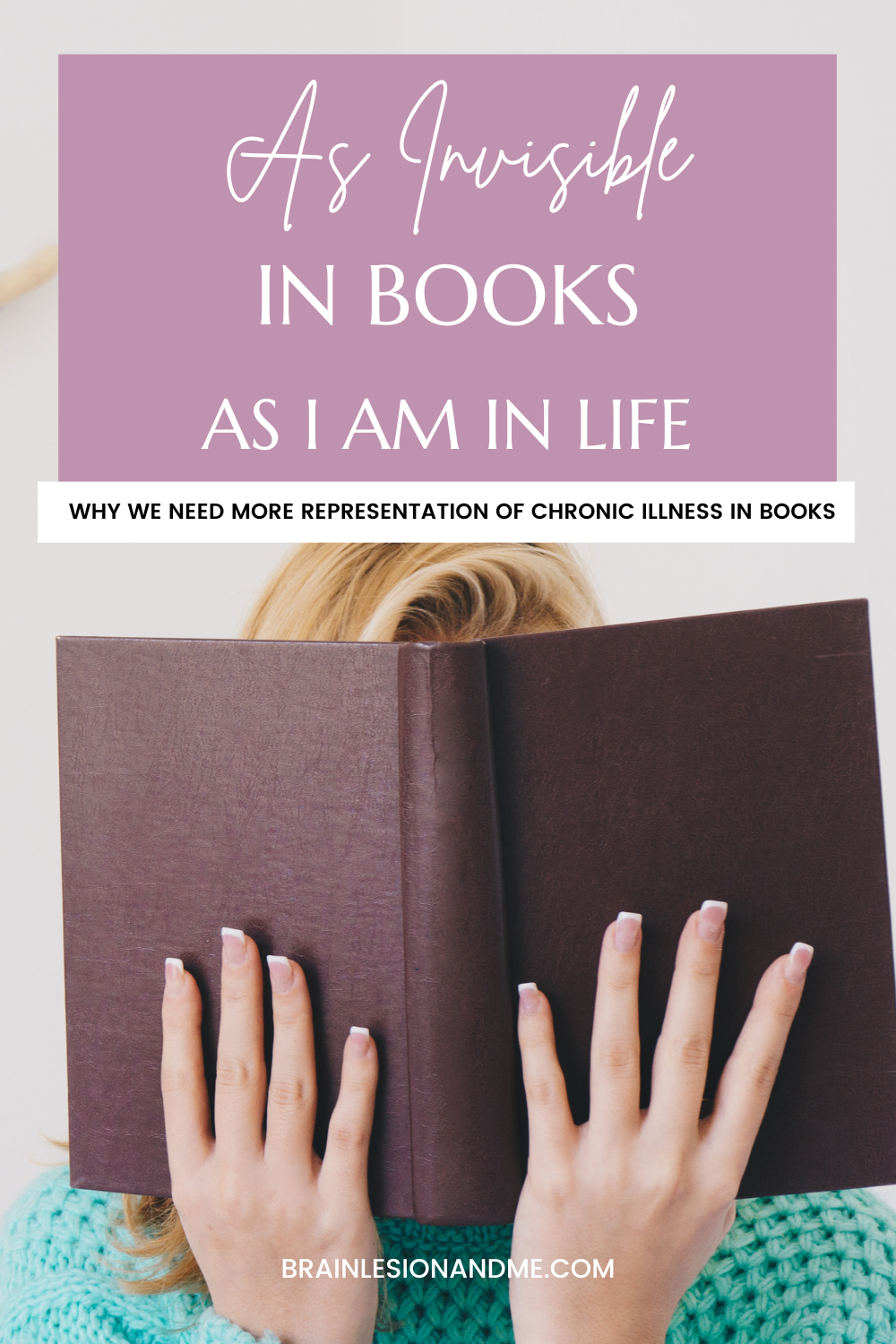
trippingthroughtreacle
Great post! I definitely feel so much better mentally when I embrace mindfulness, I think the difficulty for me is maintaining it! Your course sounds great 🙂 x
Kelly Alive
Thank you for a fabulous post! I am also working on acceptance and mindfulness. The part you wrote about being at war with your body is something I can relate to. I’ve been trying to look at the pain as my body’s way of communicating with me, instead of my autopilot reaction of disassociating.
Wishing you all the best on your health journey!
-Kelly
mdma74
Wonderful, beautiful and OH, did I need this! Thank you for your words of the wisdom you’ve been learning. I’ve been ‘paralyzed’ since the death of one of my husband’s and my oldest friends. He was Best Man at our wedding, 43 years ago. It is way too close to home, so to speak, we’re ‘too young’ to die! Bull crap! God WILL take us when it is our time. No sooner, no later. I barely remember last week…and we babysat our granddaughter all week! That’s how OUT of the moment I was. Depression and Anxiety are just 2 of my issues and I’ve been in a lot of therapy… I do recall going over this concept of mindfulness…Thanks for reminding me! “Come back, Margaret! Come back!” xo
Faith L.
Thank you for sharing this. I’ve been battling chronic dizziness with daily vertigo attacks for over 3 years now and I guess yeah, maybe I haven’t accepted it as much as I thought. It surely is depressing being so debilitated.. Nice to know someone is going through something similarly. Hugs. xo
jennifermulder
What a beautifully written post Rhiann. I’m actually in the midst about writing a post about learning to accept chronic illness by using techniques from mindfulness, so it was extra interesting to read your thoughts and the proces you’re going through. Thank you for sharing!
And perhaps these ideas can help you to further incorporate mindfulness into your day?http://thehealthsessions.com/mindful-micro-breaks-how-to-recharge-yourself-within-minutes/
topsyjkv
I was told about Breathworks Mindfulness by Vidyamala Burch, on my last visit to pain clinic in 2013. I have found it so helpful and feel it would be more so if I followed the program as is suggested, but I’m human therefore lazy. I do find the meditation techniques very helpful when my pain or stress levels are high. I do recommend giving it a try.
Anna
Nice post.
rhiannlouise
Thank you!! xx
justlittleme
This is something which I am getting into and am thinking about joining a course like you did
rhiannlouise
Thank you for sharing. I would really recommend doing a course like this, I did mine through the local mental health services and currently am attending a similar course about something called Acceptance Commitment Therapy, which essentially about accepting what is out of your personal control, and to commit to action that improves and enriches your life. It’s really interesting stuff!